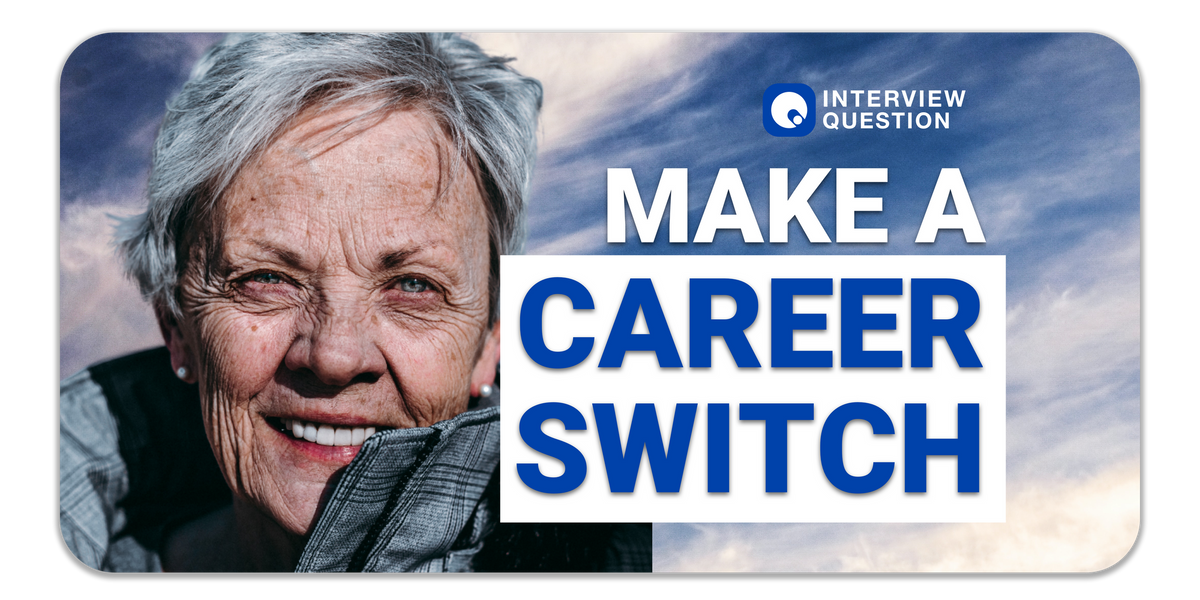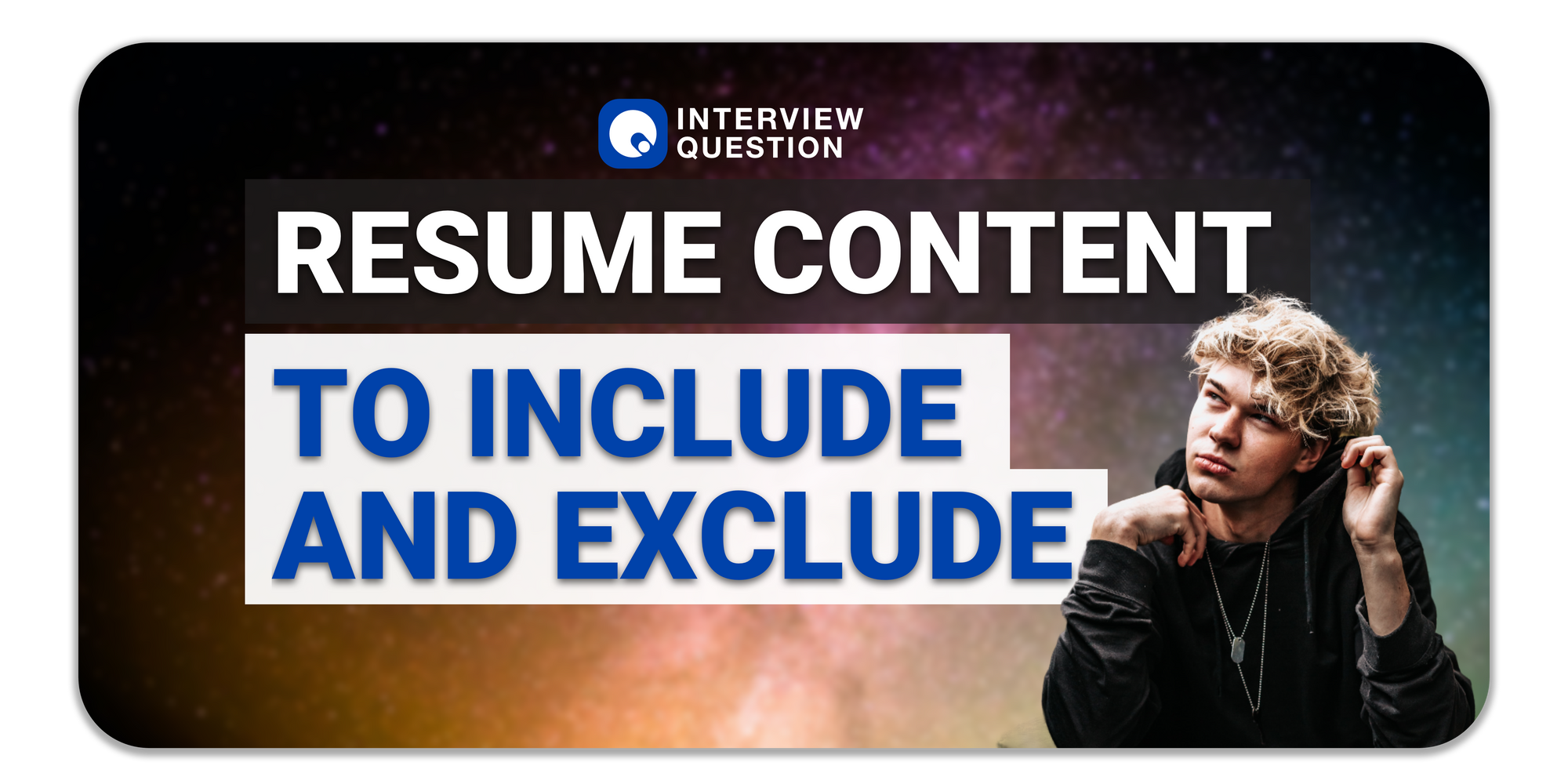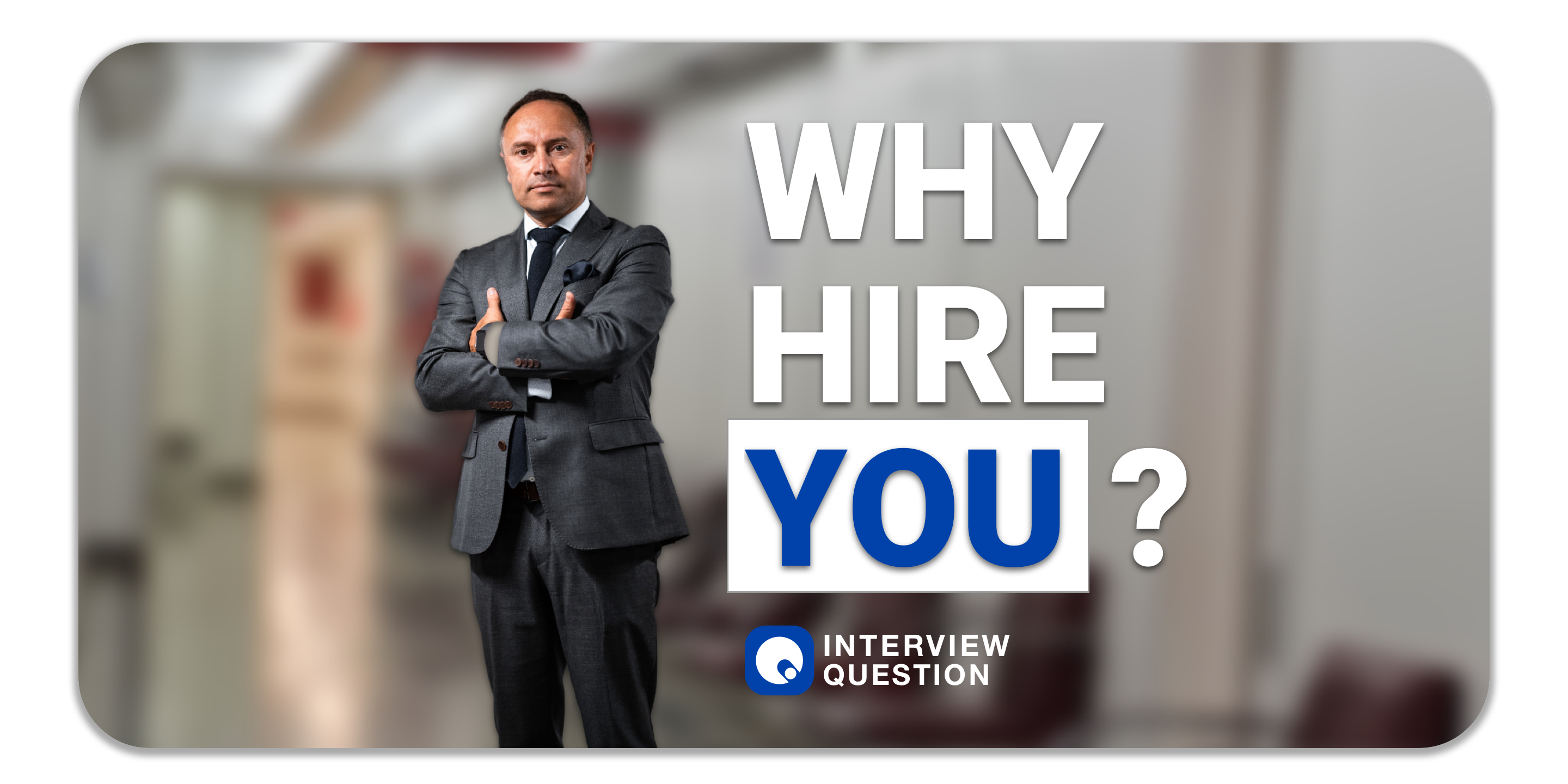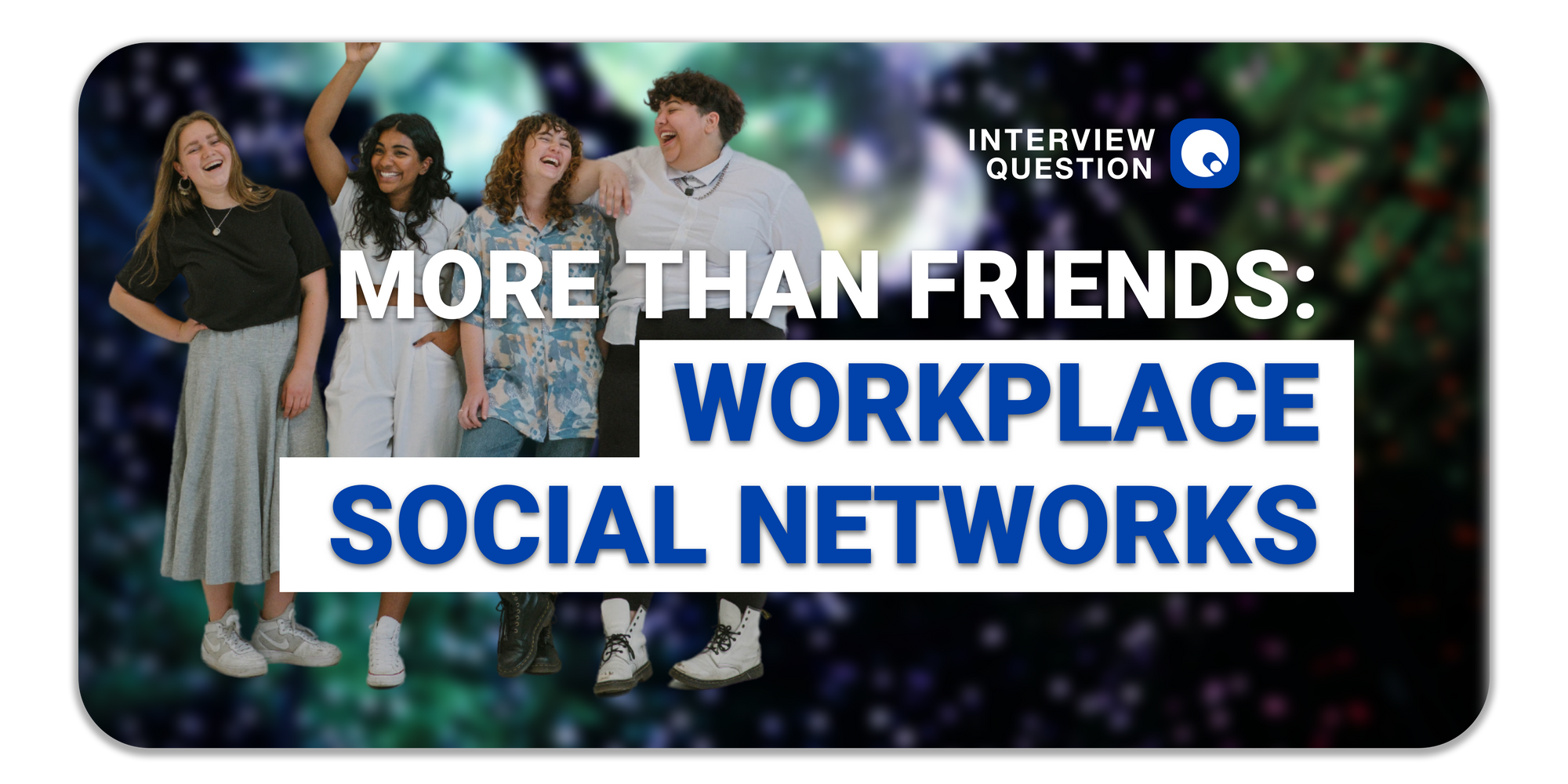Change of Career at 40: You Can Do It
Your frustration screams: "I want to do a career switch" but "is it worth it" and "what if I fail". Midlife career change in today's day and age is not a strange one anymore. It has happened to most people, who did the right out-of-the-box thinking in their earlier years.

Your frustration screams: "I want to do a career switch" but "is it worth it" and "what if I fail". Midlife career change in today's day and age is not a strange one anymore. It has happened to most people, who did the right out-of-the-box thinking in their earlier years.
Most people have made changes in their careers when they could not make it work or felt that they could do better if they tried something else. In fact, a lot of CEOs and business leaders come from different backgrounds than their core competencies.

Define Your Career Goals: Focus on the Outcomes, Not on the Money
Monetary reward is a common pitfall that so many of us make when we are trying to change careers. When we are looking for new jobs, we tend to focus heavily on how much money it makes and how the job seems attractive on paper. Yes, job postings can offer high average salaries. We are too often driven by these misguided reasons as to why we should be in a certain career. Then we end up signing up for jobs that don't give us the career satisfaction with ultimately yearn for.
Work in a meaningful career. Strive for the perfect job that gives you energy when you wake up. Stop staying in a job that is wrong for you. Be career happy.
Despite having a seemingly uncontrollable obsession with money, don't feel too bad since it's a natural human tendency to desire for more once you are tempted by the green dollar bills. The potential of having your financial responsibilities lessened is still, no doubt a realistic reason to job switch.
In most cases, money is not the only thing that matters when looking for a new job. Job seekers like you have to pay attention to career satisfaction, which comes with long-term rewards: job satisfaction leads to long-term loyalty and commitment. Job satisfaction also leads employees who are satisfied in their roles, to work harder and produce greater results. This will keep employees like yourself, happy and it's a recipe for success. Sometimes people need a kick in the head to remind them that life is short and you need to live content.

Creating a Checklist of Your Transferrable Skills
Before stepping into interviews or career workshops, prepare yourself with a 1) laundry list of skills you have and 2) map them into the career you are newly pursuing. The skills from your current career, which you have been practicing all along, may form a subset of the skills required to get hired in another field. This helps you to be "market-ready".

Furthermore, a skills checklist allows you to be mentally prepared for the hours of work on top of what you have been doing to adapt and transit into the new role. (Working from home is insanely popular now!) Functioning the same way from a 20-year career in the finance industry will be different for the work you will perform in the next 5 years in the healthcare sector.

Giving time to ready your mind reduces stress in your mid-career change. Having preplanning today increases the effectiveness of additional training you receive when you are onboarded. This makes your transferable skills more apparent and valuable to your new employer.

Get Your Personal Doubts Answered
Questions lingering in your head will eat at you if left alone, and they can pose a hurdle to strong-willed career transitions in your 40s. Here are situational questions many midcareer switchers have:

- Are you with an entry-level position at your age?
- Can you leave your current role peacefully without causing disruption to your colleagues?
- Is the new role one of your ideal careers or a childhood dream?
- How likely will career happiness be achieved if your transition is successful?
- If your transition period is longer than you anticipated, are you convinced that you will see it through?
- Finding the perfect match takes time. Can you wait for months or even years for a job description or ideal career?
- Can you overcome age discrimination?
- Cost fallacy: if your income is reduced by 90% for two years, can you still manage your expenses and costs?
- Since job hunting may be unsuccessful and you do not land in the perfect position, will you be comfortable with roles that are not full-time job/positions?
- Will your personal life be affected and can these situations be managed?
- Are you actually getting no career satisfaction in your current career? You may perceive to be in the wrong career because of other reasons.
- Will moving back to a previous career be better than starting out in a fresh career field?
You should get these answered, and we know the only person who has the answers is you. So sit. Spend time and think these situations through.

Careful of Advice from Traditional Career Coaches
The typical career coach has lived her whole life as a coach, telling others what to do and usually from a position where she hasn't even tried it herself. Giving such advice can be really pointless as advice is just advice. All talk. Been there done that? No. And without taking action to reach the goal, the sentences that come out from a coach can be really unconvincing and more often than not, unrealistic.
Planning Your Career Path After the Mid-Career Transition
Many websites talk about the need to get into a new job and being okay with change. This chunk of text does the same thing, but "knowing what is next" after successfully making the transition is equally important so the next paragraphs will talk a lot about this.
Networking & Collaborating with Younger Colleagues
If you have not networked in your 30s or 40s, start now. You really got to learn to work well with people at the earliest opportunity as it will only become harder when you learn that your new boss is 5 years younger than you. (Woes of mid-career switching..)

Having a strong network of connections is one of the most efficient ways to find private opportunities and make large business deals in today's world. Create new relationships in your adult life. Almost every corporate job opening or business opportunity is out there in the market waiting for you, but you have to be quick enough and be ready with a cordial introduction. And then ask the right questions to probe, kickstart chit-chat and remain engaged in conversations you have genuine interest in. Put those communication skills to work, but stay natural and add banter, slang and many, many smiles (a.k.a soft skills), and this will help your professional life.

Finish Graduate School and Get an MBA
Further education is a great way to explore opportunities in your desired career pathway. A structured program in a classroom setting compels people to interact during presentations, seminars and collaborative group work. Industry events are also introduced to you, of which some you may not be aware of. During the MBA program, you will be able to connect with people who may even be able to offer opportunities to do a career switch when you show your value / present your skill sets which they will see day-to-day in the 12-month program.
Graduate school is a great way to demonstrate to classmates and employers that you are willing to take initiative above and beyond what is required to meet your goals. When you get into graduate school, you immediately have a network of professors, classmates and alumni who can help you in your job search. The people you know become your personal branding. Your connections show how important you are, and you know you have resources to connect with to get things done.
Further Education Validates Your Work Experience
Upping your highest education on your resume gives you confidence. A high school diploma does not mean much when most children of this century have a bachelor's degree. Make higher education a personal goal for self-improvement. Being presented with a certificate that memorializes the years behind you, makes it far more than a fancy degree. Your education further shows how engaged and committed you are towards your career development. This speaks volumes to your future employers, and they are more inclined to give you a chance to prove yourself.

Providing Your Own Money for the Transition
The importance of saving and money is a major pet peeve amongst working adults. Many people have difficulty letting go of their old jobs to chase the next opportunity, as they are unwilling to stop making payments on their mortgages or student loans. Money doesn't fall off trees and most take time to save up. These people who face strong resistance do not have the self-sacrifice that you will require if you want to first re-familiarise yourself with your current career role in order to be market-ready when you get out of the office job.
The good news is that you don't have to be a slave of the white-collar paycheck. You can make money at home from your "day job" and use the extra time to make a transition plan. You will use these extra sources of income throughout the year, so they can help fund your mid-career change transition. Consider devoting time and finances to a savings plan, stocks investment, or cryptocurrency trading to finance your career transition. Side hustles on Fiverr, blogging, or freelancing for others are small streams of income that culminate into big amounts when saved over a period of time. Should you really want to save, then start early and invest wisely?

